The Controversy of Call Me By Your Name
June 16, 2023

By: Ava Barnes
Call Me By Your Name is a 2007 novel by André Aciman set in Northern Italy in 1983. The film adaptation was released in 2017 and stars Timothée Chalamet and Armie Hammer. The movie is a coming-of-age romance between the main character, 17-year-old Elio Perlman, and Oliver, the 24-year-old graduate student sent to Italy for the summer to assist Elio’s archeologist father. The movie follows Elio throughout the summer trying to deal with his feelings for Oliver and what eventually blossoms into a romance, only for it to end when Oliver goes back to America at the end of the summer.
There’s always been different opinions and controversies surrounding this movie. On one hand, many think the romance is inappropriate. Elio is 17 and Oliver is 24, so some believe that Oliver groomed Elio. That view makes sense, if you see a teenager and an adult together, you assume the worst, especially when the couple explores a sexual relationship. However, there is a defense for this film. I’m not saying the age gap between Elio and Oliver isn’t important; I’m saying the opposite. Elio is so attached to Oliver and is crushed when he leaves Italy at the end of the summer. There’s a childlike attachment Elio feels towards Oliver and that shows a kind of power dynamic between the two. Even though he’s “in control” in the relationship, Oliver rarely displays controlling, manipulative, or predatory behaviors throughout the movie. To watchers, that doesn’t raise alarm in terms of the relationship between Elio and Oliver. Romantic relationships are complex and some specifics go along with every situation, beyond looking at it in black and white.
In the more legal aspects of the relationship, the film is set in 1983 Italy, where the consent age is 14 years old. Elio is 17 years old and Oliver is 24 years old. That’s still legal today in Italy, but especially in the 1980s when people weren’t as concerned about relationships with that kind of age gap. That’s a 7-year age difference and it shows in their characters. Homosexual activity has been legal in Italy since 1890 and same-sex marriage was legalized in May 2016. As far as the legality of the relationship goes, it was completely legal and consensual. If you briefly look into Elio’s character, you can note that while he is young and naive, he’s not stupid. Jeffery Bloomer says, “Not every relationship removed from our comfort zone is abuse.”
Another controversy is the homosexuality of the film, which is a topic that’s hard to defend on both sides. Homosexuality is not legally or ethically wrong, it depends entirely on one’s own opinions. Some people just hate seeing queer representation and with the added controversies of whether or not the film “glorifies grooming”, it’s easier for people to use this against queer media and queer people in general. It is true, there is completely inaccurate, problematic, and just plain awful representation of the LGBTQ+ community in media, especially in film and television. However, the queer aspect of Call Me By Your Name is relatively realistic. Elio is 17 and trying to figure himself out and his feelings for Oliver all by himself. He’s awkward and takes experimentation into his own hands.
At the end of the day, everybody has their own opinions. Some find Call Me By Your Name a disgusting film that encourages and glorifies predatory behavior in relationships, and some find it to be a beautiful coming-of-age romance that shows great skill in Timothée Chalamet’s acting. As Slate editor, Jeffery Bloomer said, “This is a fictional depiction, not an ethical endorsement.”
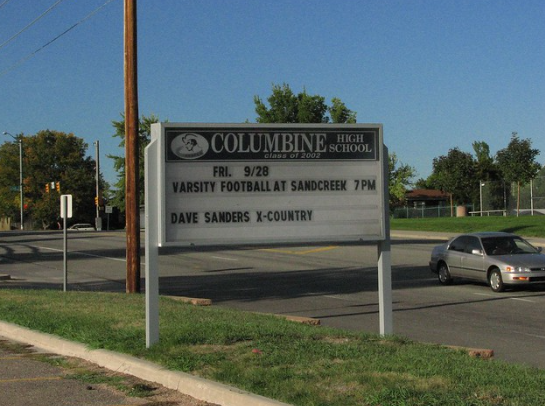













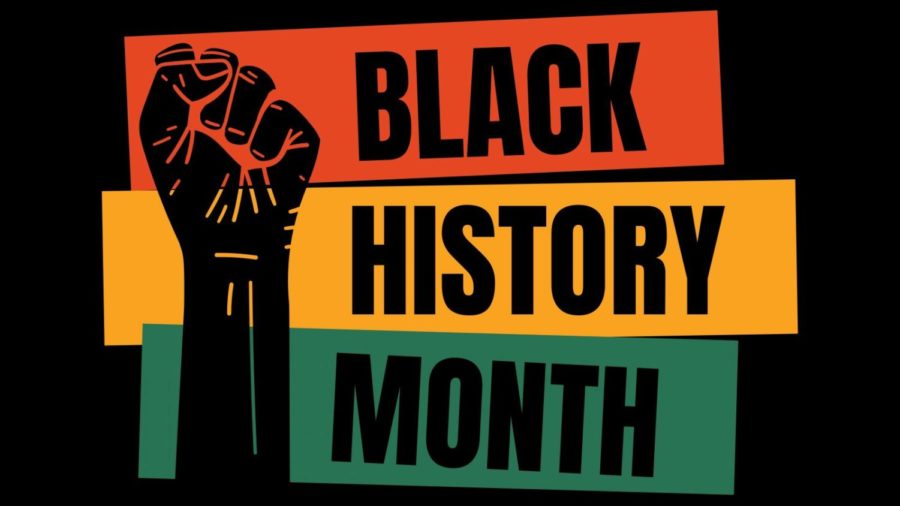






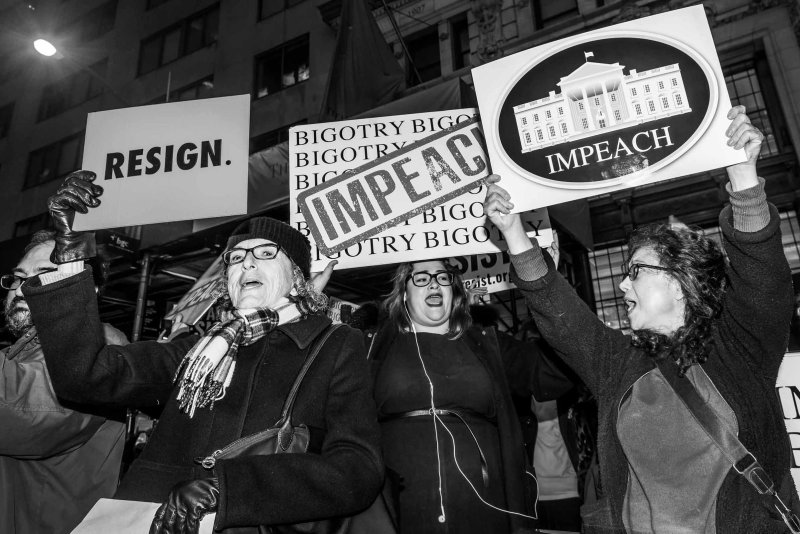









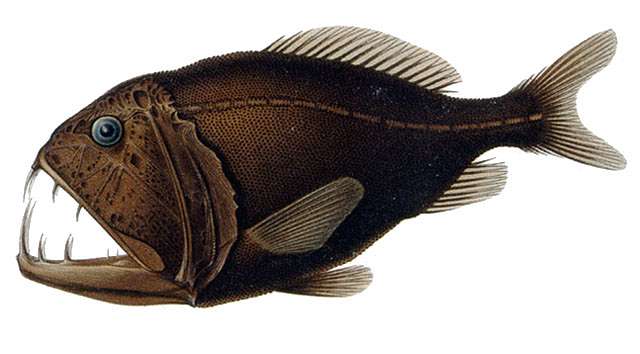



































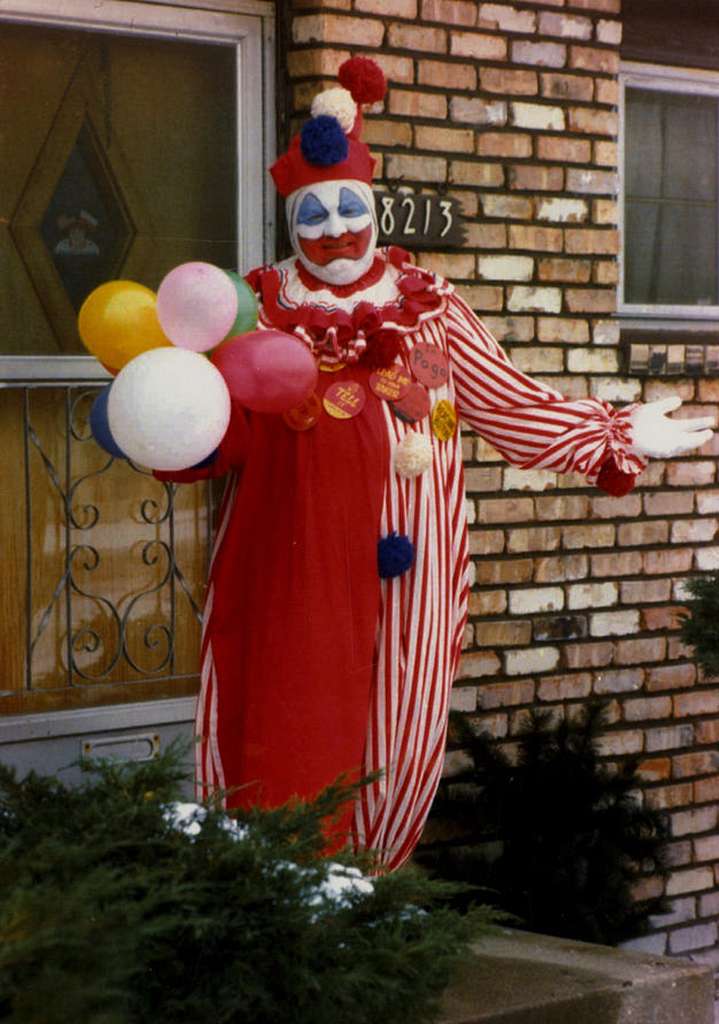























































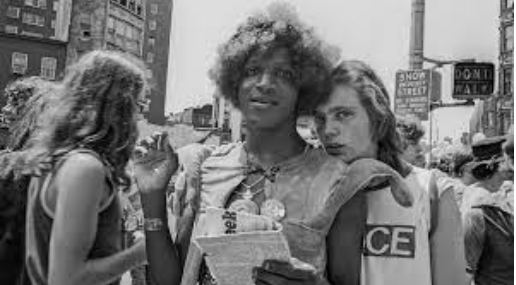
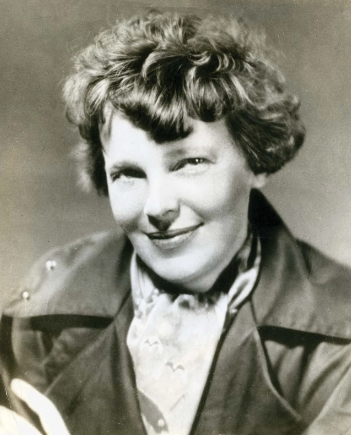
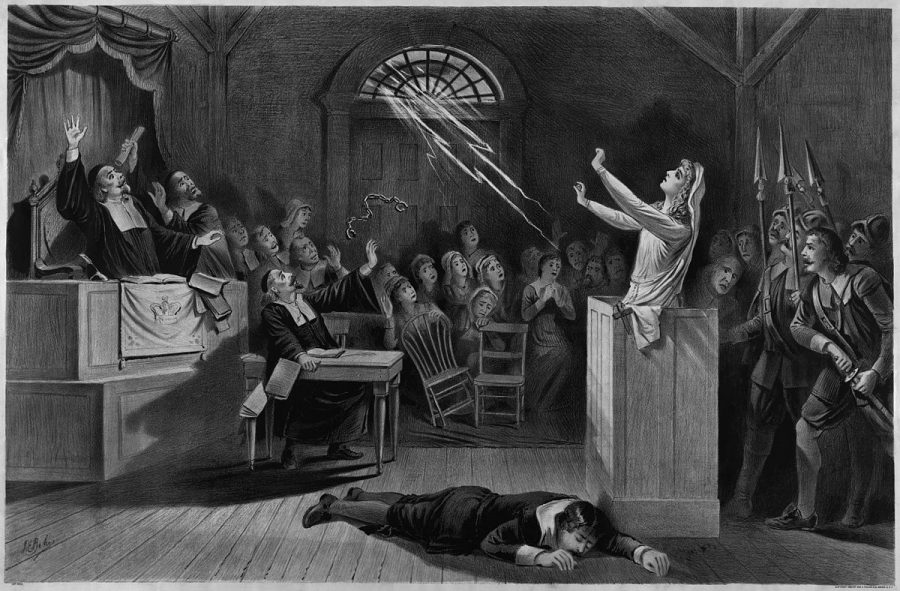







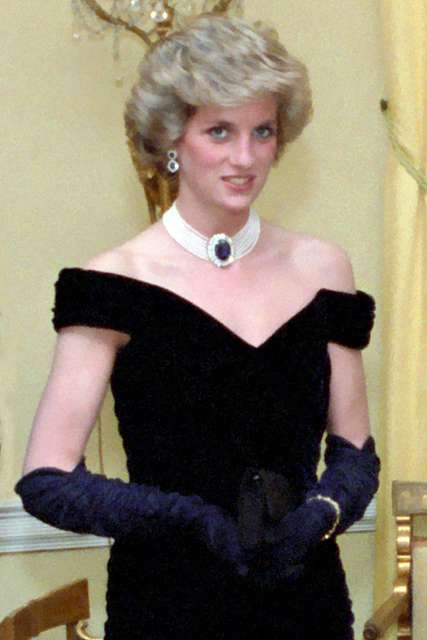



















































Marc Arnold • Feb 16, 2024 at 1:42 pm
This film is a peudophiles dream. It is utterly disgusting and wrong. The child is portrayed as around 13 or 14 whilst the man appears in his late twenties. Gusting and should not be on the screen.
Juliet Weston • Sep 13, 2023 at 1:22 pm
Great Article!